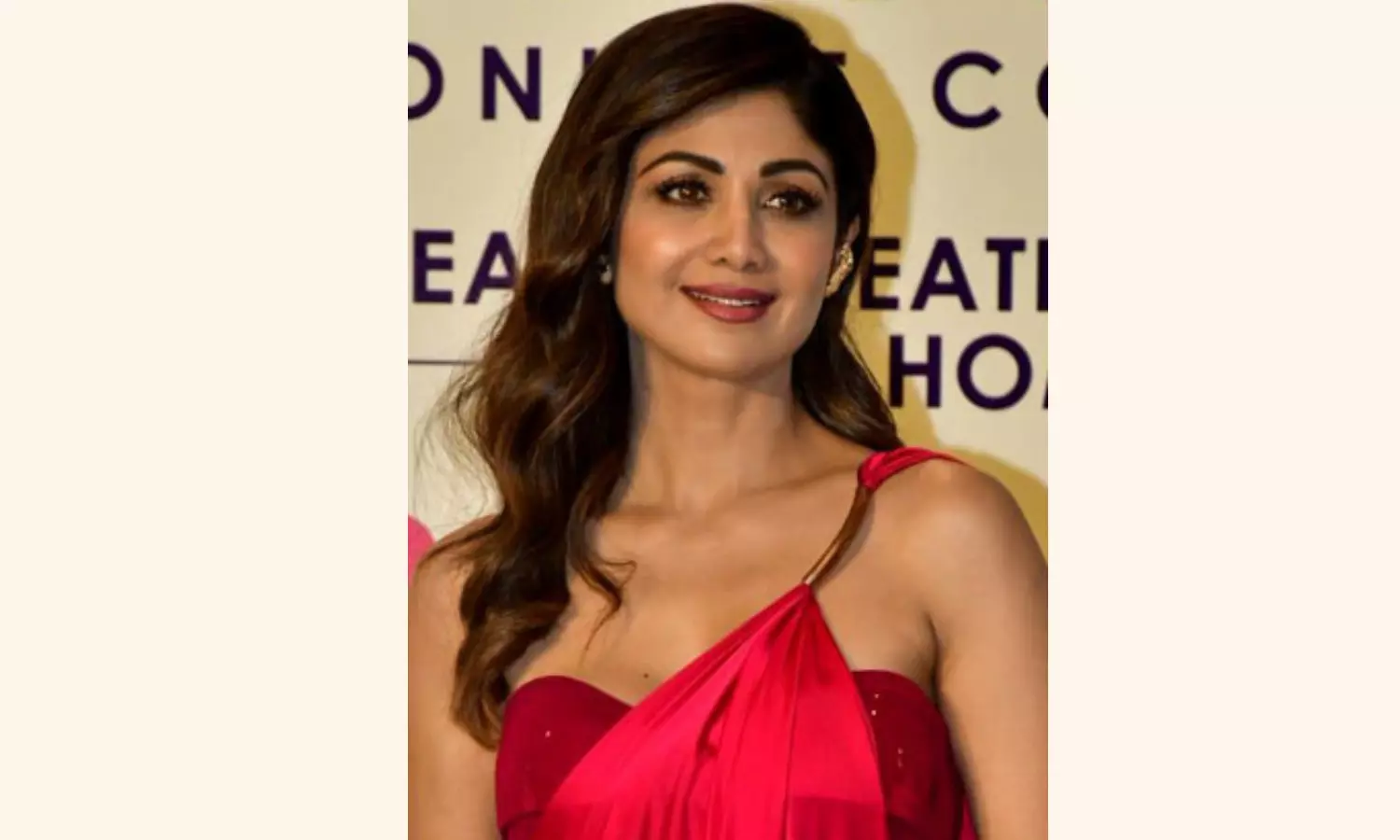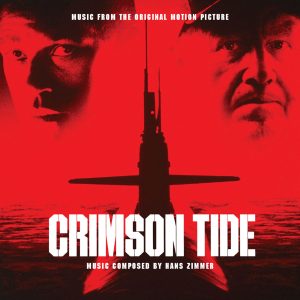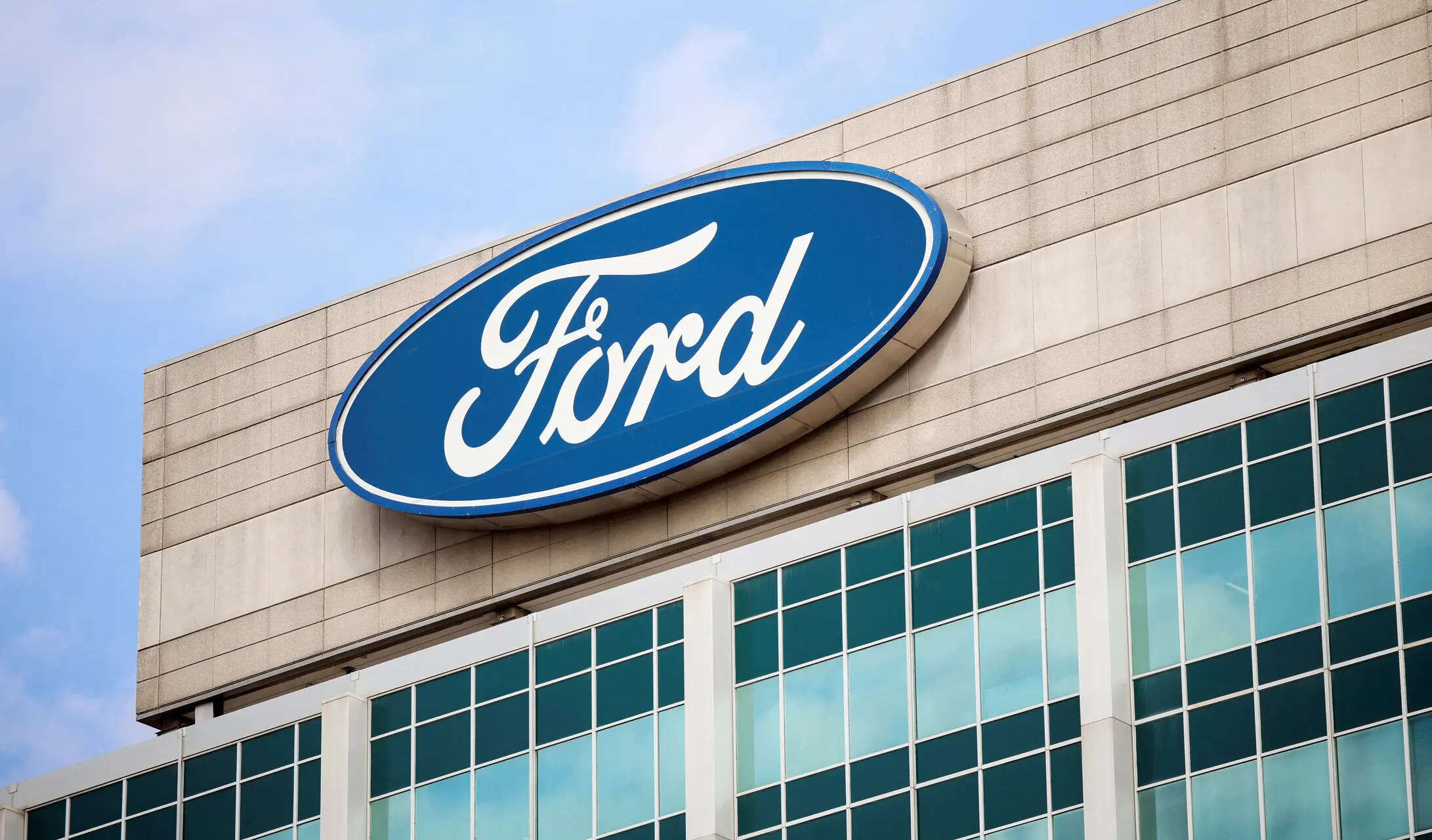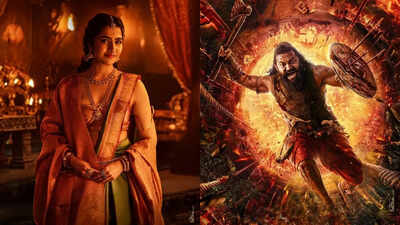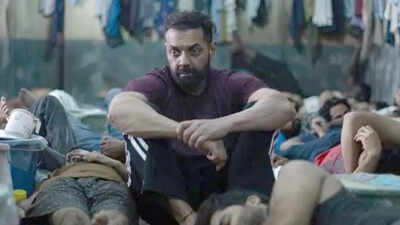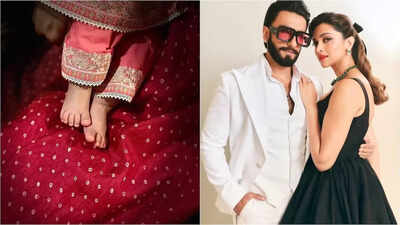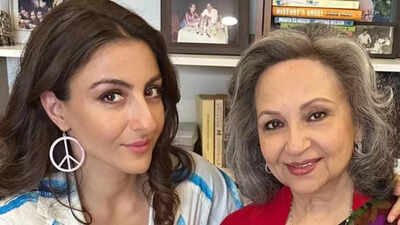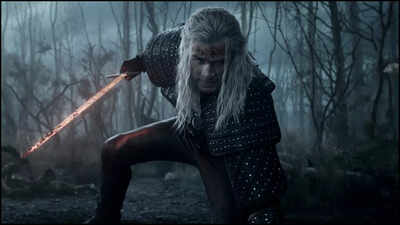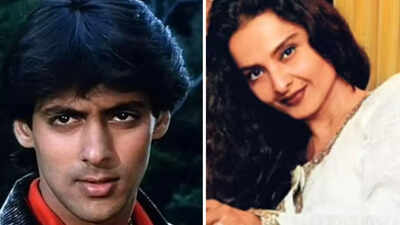
(Credits: Far Out / YouTube Still)
Woody Harrelson has always been one of the most interesting guys in Hollywood, and that’s because his experiences and outlook on life are so different from many of his peers.
Probably the best example of this is Harrelson’s political leaning, which has always been hard to put a finger on, mostly because he seems to have a healthy distrust of both sides of the aisle. In a modern Hollywood landscape that almost exclusively swings left, Harrelson refuses to pitch his tent in either camp. Instead, he freely says things like, “I don’t believe in politics. I’m an anarchist, I guess you could say.”
Dig into the Hunger Games star’s past, and you find a man who was raised by a devoutly religious mother and a father who may have been a contract killer. In fact, his dad was sentenced to life in prison in 1979 for murdering a federal judge. As soon as he left home, though, Harrelson abandoned organised religion, became a hedonist, got in trouble with the law on multiple occasions, and to this day is a passionate advocate for the legalisation of marijuana. In truth, he’s lived several lives within his life, and that’s without even getting too deep into his four-decade career as a movie and television star.
At the core of the matter, Harrelson has always maintained that he is someone who believes in living in a free country. He is adamant that the US fights wars for “capitalism and for oil” instead of democracy, and has no time for government oversight. “I think people could be just fine looking after themselves,” he told Details magazine in 2013, before adding, “I keep coming back to the same goddamn subject. I guess because it’s what really bugs me the most.”
Harrelson’s stance, which he has tentatively labelled libertarian on a few occasions, takes on huge significance when you consider his answer to the question, “If you could spend a weekend with any of the characters you’ve played, who would it be?” After a moment’s thought, Harrelson didn’t choose a fictional character, which meant any images of him hanging out with the dimwitted barman Woody Boyd from Cheersslacker basketball prodigy Billy Hoyle from White Men Can’t Jumpor troubled sleuth Marty Hart from True Detective went out the window. Instead, he chose one of the real-life people he’s played on-screen, a man who was controversy personified.
“Larry Flynt,” Harrelson answered immediately, referring to the pornographer and First Amendment activist he played in 1996’s The People vs Larry Flynt. “I love that guy. He’s one of the few people who’s always 100% honest and doesn’t give a shit if he offends people.”
Flynt launched Hustler magazine, a porn rag that sold itself as the blue-collar cousin to the more upmarket Playboyin 1974, and he followed it up with other magazines with controversy-stoking titles like Barely Legal and Beaver Hunt. Some of the imagery in Hustler included bestiality, mutilation, and rape, which naturally put Flynt in the crosshairs of the American government. However, he wound up winning a libel trial against the televangelist Reverend Jerry Falwell in 1988, and argued that he “took a bullet” for the right to free speech after he was shot and paralysed in 1978 by white supremacist serial killer John Paul Franklin, who was outraged that Flynt published interracial photos in Hustler.
To Harrelson, Flynt was a unique soul and a kindred spirit who did things his way, even though he admitted, “I don’t agree with all the porn stuff he publishes.” Despite that unsavoury aspect of the man’s life, he still found him to be a “rebel” whom he wound up respecting. “I’ve never met a more honest man who just says exactly what he’s feeling at any moment,” Harrelson told Role Recall in 2017. “We had a good relationship, and still do.”
Related Topics


